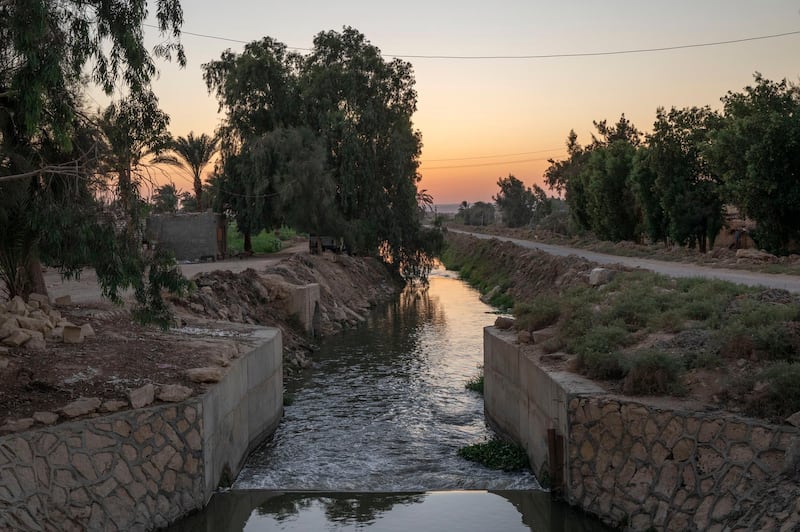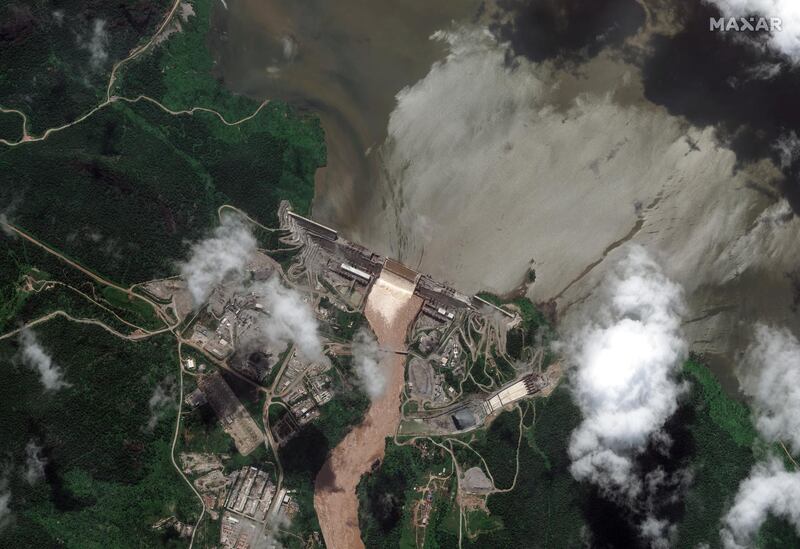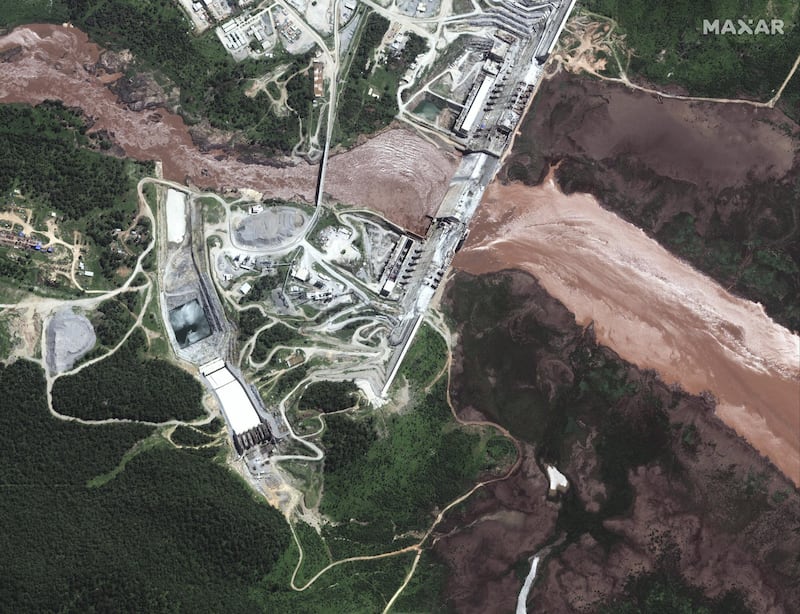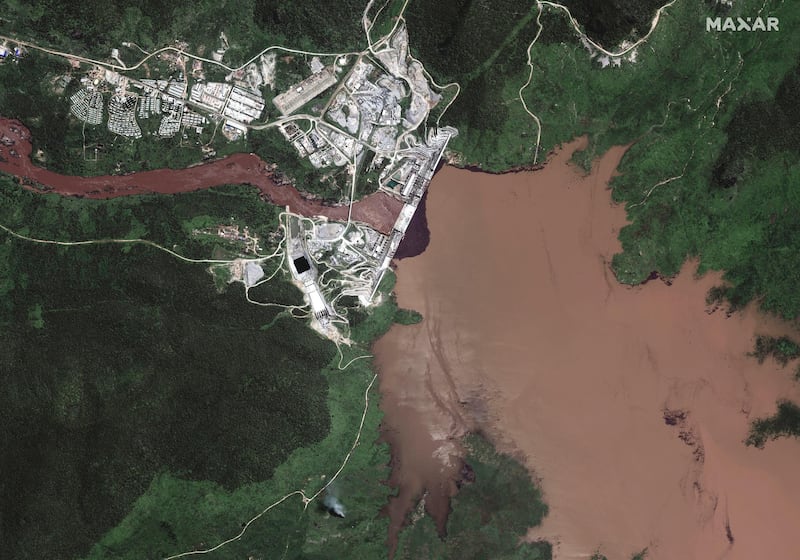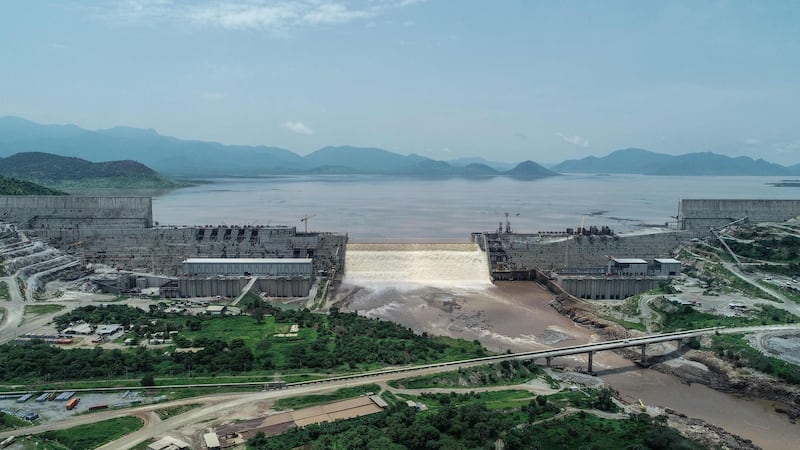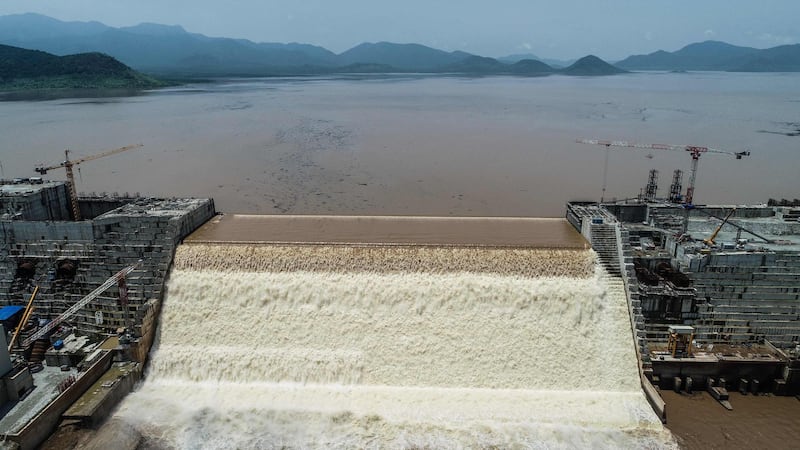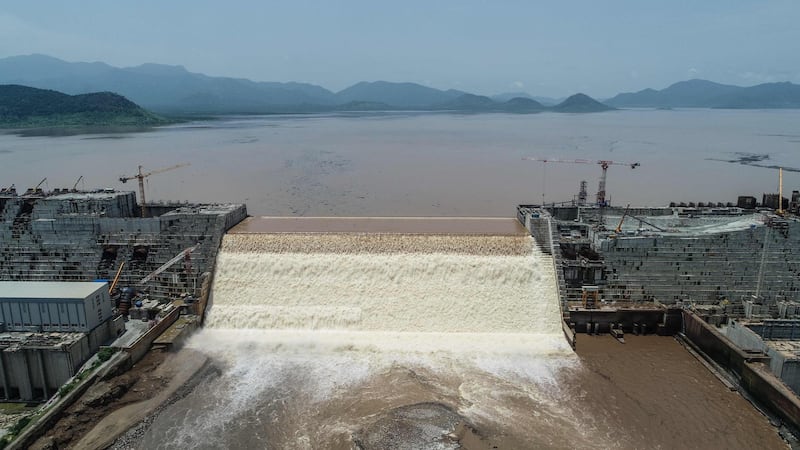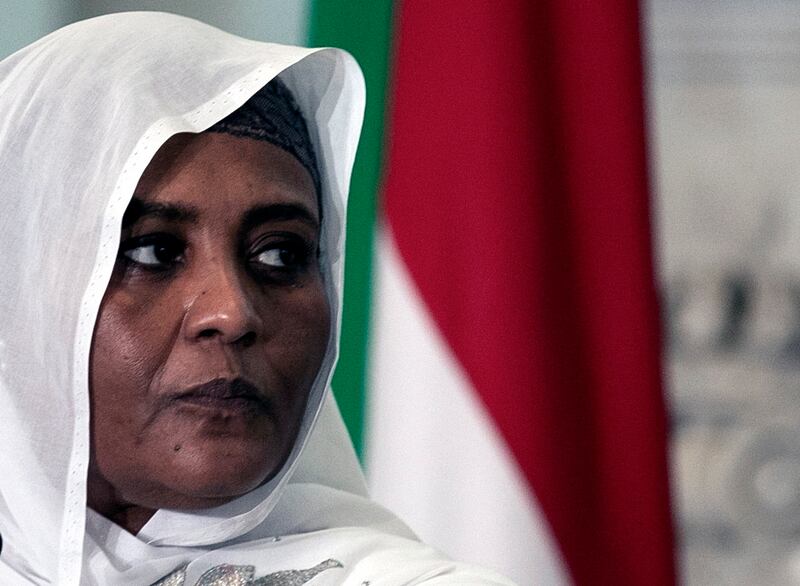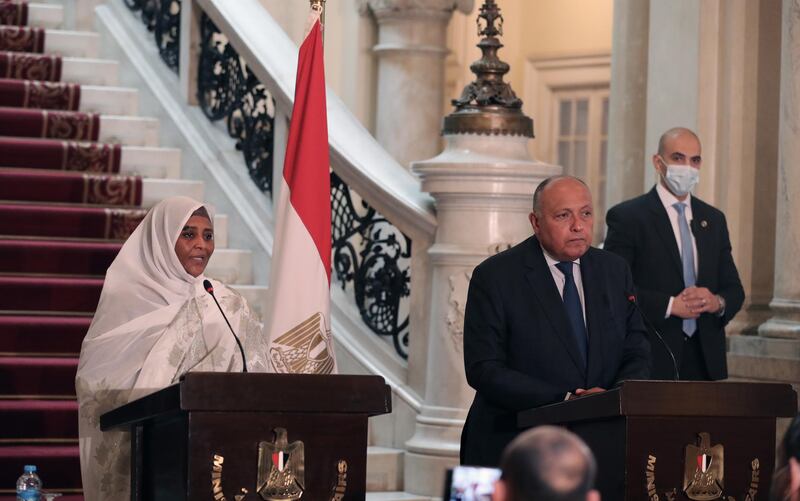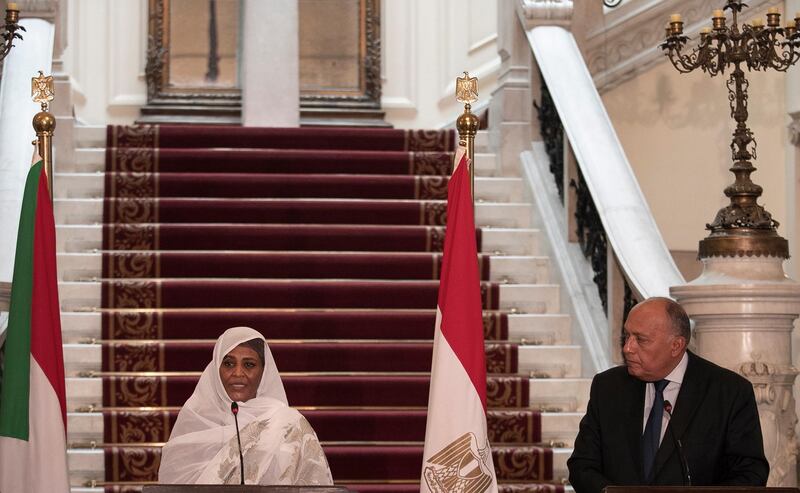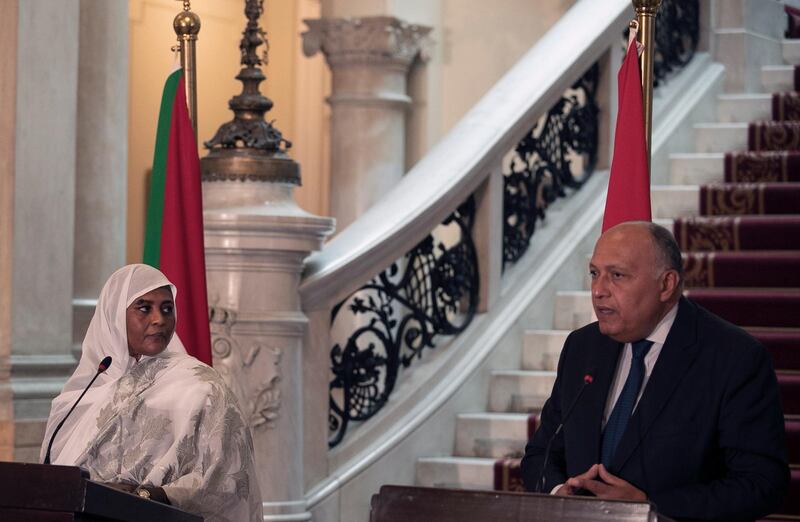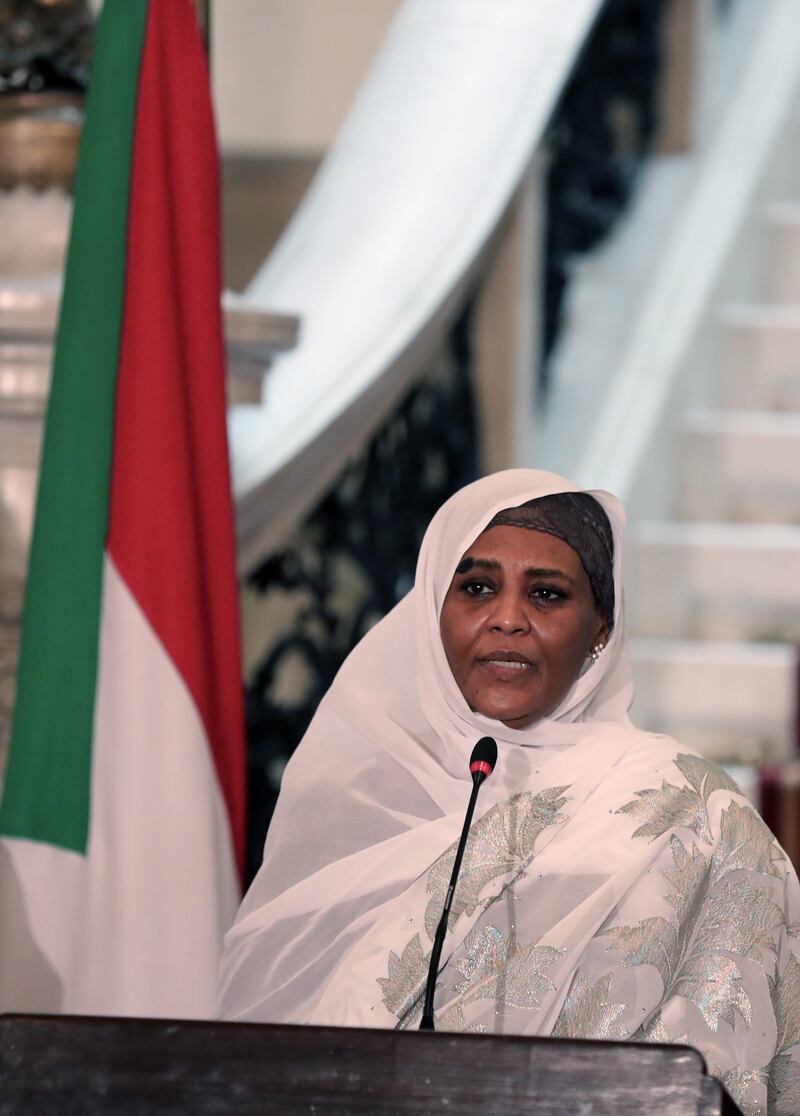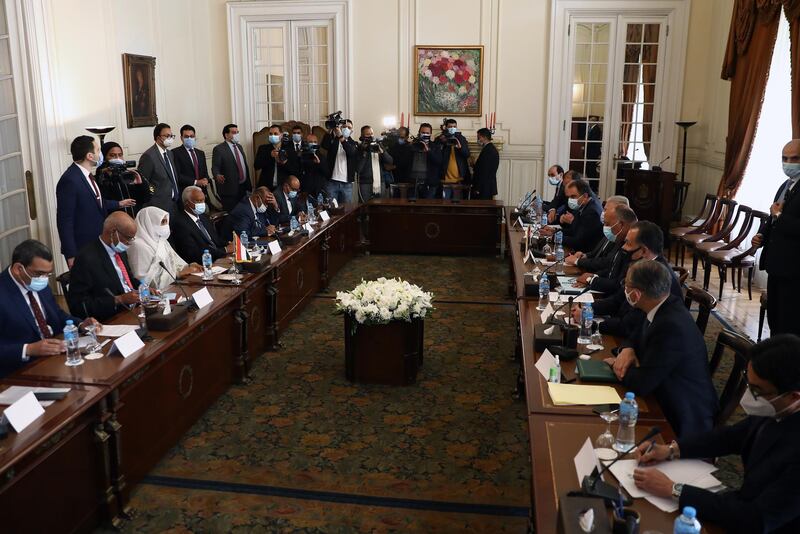Egypt and Sudan will reach a decisive moment in their dispute with Ethiopia this summer when Addis Ababa goes ahead with a second and much larger filling of a massive Nile dam it is building, analysts and regional experts told The National.
Years of negotiations between the three countries on operating and filling the dam have broken down, with Ethiopia refusing to enter a legally binding agreement with the two downstream nations.
As tensions rise, diplomacy and dialogue have been replaced by sabre rattling and provocative rhetoric.
The consequences, experts say, could include all-out war.
That would likely start on the already tense Sudanese-Ethiopian border, and quickly drag in Egypt and possibly Eritrea – Addis Ababa's ally – in what would become a regional conflict with continental and international ramifications.
Already, ominous signs are emerging in quick succession.
Egypt and Sudan sign defence pact
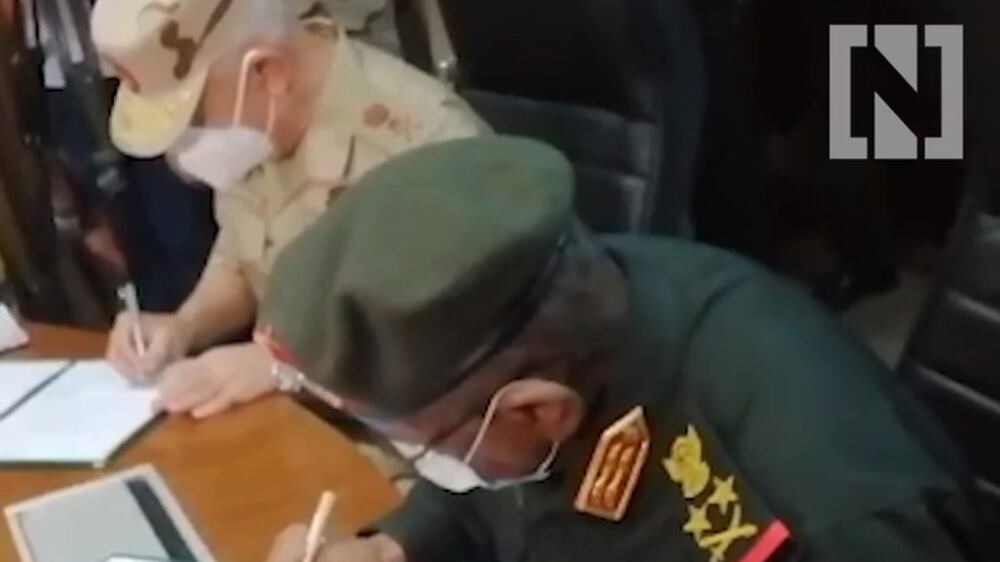
On the Sudanese-Ethiopian border, deadly clashes have been taking place since Sudan's military moved late last year to wrest back control of farmland that had been settled by members of Ethiopia's Amhara ethnic group since the 1950s.
Adding to this are Ethiopian Prime Minister Abiy Ahmed's domestic troubles and controversial political reforms and Sudan's bumpy politics since the ousting of Omar Al Bashir as president in 2019.
These factors could push the two countries to embrace hardline positions, according to former Egyptian ambassador and UN official Mohamed Anis Salem.
"Both Sudan and Ethiopia are in a transitional phase domestically and they don't want to lose face," he said.
"Neither side wants to see the border dispute turn into a fully fledged war. Both are short on resources and both have pressing domestic issues to handle.
"But we have to factor in the margin of error that could lead to a conflict."
As the two countries mass troops on the border, Ethiopia insists it will not negotiate a settlement before Sudanese troops withdraw from areas they seized.
Sudan rejected this condition, along with a claim by Ethiopia that its military is stoking the dispute for the benefit of Egypt.
Cairo is deeply alarmed the dam could rob it of a sizeable amount of its share of vital Nile waters.
"It is not possible for us to wait for ever for the negotiations [on the dam] to resume," Sudanese Foreign Minister Mariam Al Sadeq said after talks in Cairo on Tuesday.
She predicted the second filling of the dam would put the lives of 20 million Sudanese, nearly half the population, at risk.
That filling is said to involve about 13 billion cubic meters – nearly three times the size of the first filling. It disrupted water treatment centres in Sudan but did not affect Egypt.
"Egypt is ready to meet Sudan's requests in all fields, including armament, joint training, technical support and securing joint borders," said Egypt's chief of staff, Gen Mohammed Farid Hegazy, in the clearest indication to date that Egypt was prepared to go to war in aid of Sudan if needed.
He was speaking after Egypt and Sudan signed a joint defence co-operation agreement in Khartoum on Tuesday.
The pact crowned months in which the two countries forged close military co-operation, including joint war games and high-level visits.
Unlike Sudan, Egypt does not share a border with Ethiopia, a fact that would dictate the course of any military involvement by the Egyptians.
But President Abdel Fatah El Sisi has been procuring billions of dollars worth of cutting-edge weapons over the past six years, some of which give his military the capability of operating beyond its borders.
Some experts believe that war could still be avoided.
“Because of the problems he is facing at home, Abiy Ahmed is only allowing measured escalations on the border with Sudan, enough to prevent the conflict from being forgotten and to deny Sudan the satisfaction of thinking that Addis Ababa has accepted the new status quo on the border,” said Hany Raslan, an expert on African affairs at Egypt’s Al Ahram Center for Political and Strategic Studies.
Attia Essawy, another African affairs expert, who has for decades researched and written about the Horn of Africa, sees a chance of Ethiopia compromising on the border dispute, provided Sudan abandons its opposition to the the dam.
“There will be no progress on the dam issue without agreement on the border dispute,” he said.
“But then again, the border dispute may not be resolved before Sudan changes its mind on the dam and Addis Ababa follows suit on how it wants it resolved.”
But Mr Essawy believes the fallout from the planned July filling may not be the catalyst for war. However, he agrees that it will likely be a game-changer.
If next summer's rainy season over the Ethiopian Highlands – home to the source of the Blue Nile, the river's main tributary that accounts for about 80 per cent of the river's water – is plentiful, then Egypt would not feel the effect of the filling.
This was the case with the first filling, which involved 5bn cubic metres, because rains compensated for water removed.
“But if the second filling coincides with less than normal rainfall, then there will be a crisis and a violent response by Egypt and Sudan,” Mr Essawy said.
He said that the effect on Egypt and Sudan would also vary depending on the method of filling – whether it was done in one go or in phases over two to three months.
The rainy season traditionally begins in July and ends around September.
Sudan and Egypt have in recent days called for the involvement of the UN, US, EU and the African Union in the dam negotiations for a deal to be clinched before July, but Ethiopia has not yet accepted the proposal.
"There may be a peaceful settlement at the end, but it will most likely favour Ethiopia," said Mr Raslan. "Active US mediation is key."
